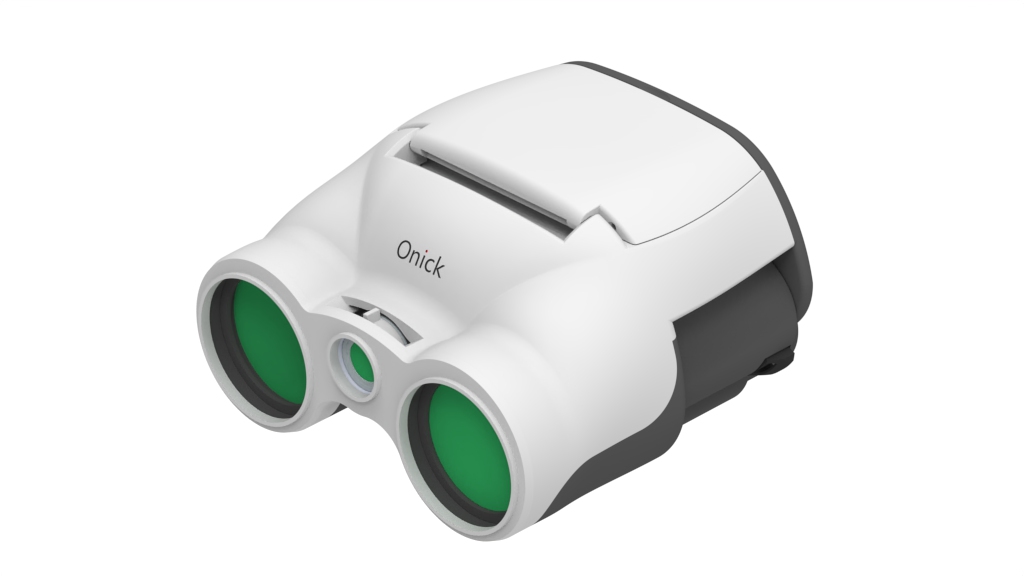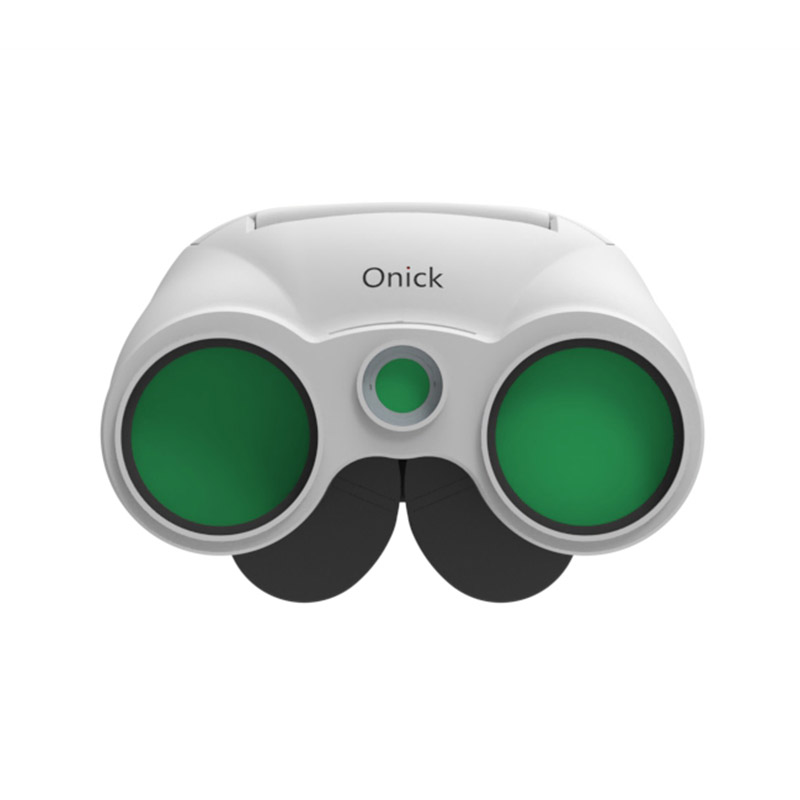If you're an adventuring photographer, then you know the struggle of trying to capture that perfect shot while exploring the great outdoors. You need a camera that is not only durable and lightweight but also versatile enough to capture a wide range of subjects and scenes. And that's where digital camera telescopes come in!
Digital camera telescopes, also known as digital camera binoculars or spotting scopes, combine the features of a high-quality digital camera with those of a telescope. They are perfect for bird watching, wildlife observation, stargazing, hiking, and any other activity that requires a closer look at distant objects.
One of the main advantages of digital camera telescopes is their zoom lens. Most digital cameras have a limited zoom range, but digital camera telescopes can zoom in up to 100x or more. This makes them ideal for capturing detailed photos of faraway objects and landscapes.

Digital camera telescopes are also lightweight and portable, making them perfect for hiking and other outdoor activities. They are typically made with weather-resistant materials and are designed to withstand the rigors of outdoor use.
Most importantly, digital camera telescopes are easy to use. They come with a variety of features that allow you to adjust settings such as aperture, shutter speed, and ISO. You can also use them to capture high-quality video footage.
If you're thinking about buying a digital camera telescope, there are a few things to keep in mind. One important consideration is the quality of the lens and sensor. Look for a camera that has a high-quality lens and sensor to ensure that you get the best image quality.

Battery life is also an important factor to consider. You don't want to run out of battery power in the middle of a hike or wildlife observation session. Look for a camera that has a long battery life and consider bringing along spare batteries or a portable charger.
Finally, consider the price. Digital camera telescopes can be expensive, so it's important to find one that fits your budget. You can find quality cameras for around $200 to $300, but high-end models can cost upwards of $1500.
In conclusion, a digital camera telescope is a must-have tool for adventuring photographers. They combine the features of a high-quality digital camera with those of a telescope, making them perfect for capturing detailed photos of faraway objects and landscapes. So, if you're looking to take your photography to the next level, consider investing in a digital camera telescope today!

